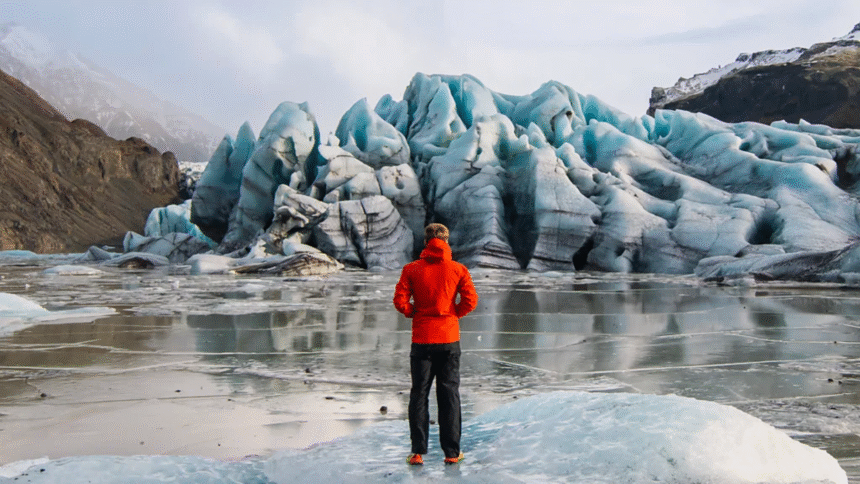In a year marked by conflict, five countries continue to rank among the most peaceful in the world, according to the BBC.
In 2025, peace may feel like a rare commodity. Global wars are escalating, border security is tightening, and trade tensions continue to rise.
According to the 2025 Global Peace Index (GPI), the number of interstate conflicts has reached its highest level since World War II, with three new wars erupting this year alone. Many countries are responding with increasing militarization.
However, despite these grim statistics, some nations continue to prioritize peace.
The GPI, produced by the Institute for Economics & Peace, tracks 23 indicators, ranging from external conflicts and military expenditures to security measures such as terrorism and homicide rates.
Countries topping the index have remained remarkably stable for nearly two decades, demonstrating the long-term stability that peaceful policies can bring. BBC spoke with residents in some of the world’s most peaceful regions to learn how these policies shape daily life—and what gives them a unique sense of security and calm.
Iceland
Ranked first since 2008, Iceland remains the most peaceful nation in the world, leading across all three categories: safety and security, ongoing conflict, and militarization.
It even recorded a 2% improvement this year, widening the gap from the second-ranked country. For locals, this sense of security is tangible in daily life.
“Although harsh weather conditions, especially in winter, don’t always create a sense of security, the community feels safe. You can walk alone at night without worry; see babies sleeping peacefully in strollers outside cafés and shops while their parents enjoy a meal or run errands; and local police do not carry firearms,” residents noted.
Ireland
Despite being affected by conflicts in the late 20th century, Ireland today continues to prioritize peace.
It achieved particularly high results in reducing militarization year after year and ranked among the countries with the fewest ongoing domestic and international conflicts.
It also ranked in the top 10 for social security, with low perceptions of crime and violence.
New Zealand
This year, New Zealand climbed two places to third, thanks to improvements in security, as well as fewer demonstrations and terrorism-related incidents.
As an island nation in the Pacific, New Zealand’s geography provides natural protection from external conflict, while domestic policies give residents a strong sense of peace.
The country enforces some of the strictest gun laws in the world, contributing to its sense of security. It is also a place where children walk to school, people leave their doors open, and drivers stop to help vehicles broken down on the roadside. A general trust in others and surrounding systems creates a genuine community feeling in daily life.
Austria
Austria ranked fourth this year but remained high across all categories.
Like Ireland, Austria maintains constitutionally mandated neutrality, preventing it from joining military alliances such as NATO. This allows the country to focus attention and resources internally.
Singapore
Maintaining its position at sixth place, the city-state of Singapore is the only Asian country in the top 10 (Japan and Malaysia rank 12th and 13th, respectively).
It ranks particularly high in security, despite having one of the highest per-capita military expenditures in the world, surpassed only by North Korea and Qatar.







